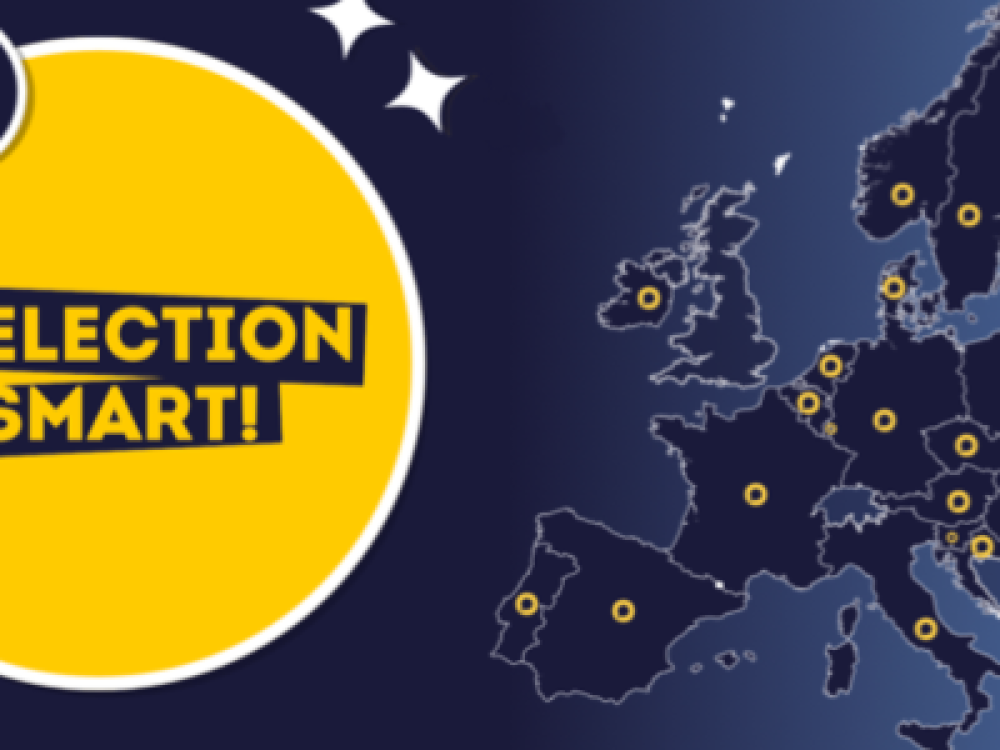The welcome silence brought by the broadcast moratorium is a fitting time to think about the issues not raised in Ireland's general election coverage.
Over the past three weeks, almost every current affairs programme has hosted debates and interviews with election candidates. But all this coverage was stuck on a loop: the same questions asked over and over received the same answers over and over. Coverage of candidates begat tedious analysis of the candidates' performance. Insights here tended to be of the 'Joan points too much' and 'Gerry isn't good with numbers' variety.
The mainstream media assumes an important role in mediating general election debates but they seem out of touch with new political realities - both nationally and internationally. Nationally, this is evident in the haphazard approach to choosing which independent candidates and smaller parties got coverage. The RTÉ2 Facebook Election Special decided to exclude the Social Democrats - a new party with three sitting TDs and 14 candidates nationwide - while including Senator Averil Power - an independent candidate for Dublin Bay North. Meanwhile, the Greens with 40 candidates nationwide were excluded from the Leaders Debate on the grounds of not having enough sitting TDs. But Power isn't even a TD so why favour her over all the other independents and other small parties?
The international gulf is evident in the fact that multiple TV and radio debates and acres of written coverage failed to make room for bigger questions about Ireland's place in the world. Our famously parochial politicians were encouraged by a decidedly insular media. Apart from the 'national question', foreign policy has never been a been a major feature of Irish politics. Nevertheless, in an age of pronounced global inter-connection, a walled garden approach to national politics is naive in the extreme.
Consider, in no particular order, just some of the issues deemed irrelevant to informing the electorate or to engaging a public debate about Ireland's future:
- Europe is currently witnessing the largest humanitarian since the Second World War
- Our closest neighbour and biggest trading partner is debating whether to leave the EU.
- An EU-US trade agreement, TTIP, is being negotiated in undemocratic secrecy and will directly impact upon our lives in terms of things like food safety and banking regulations.
- The European Court has ruled that Ireland’s Data Protection Commissioner is responsible for all the data relating to European citizens that flows though the offices of Irish based multi-nationals.
- Much of the outside world views Ireland as a tax haven.
- We lack a credible response to climate change that links local issues like flooding and food production to global environmental trends.
If politicians seek to avoid these complicated and unpopular issues, it's not that surprising. After all, the electorate is local and "all politics is local". On the national stage, however, there is nothing to stop journalists from asking deeper questions about Ireland's role and place as a political entity. Political scientists and media commentators often affirm that our politicians are narrow-minded parish-pump types. Perhaps if they were asked bigger questions, they might start thinking beyond the parish pump.




